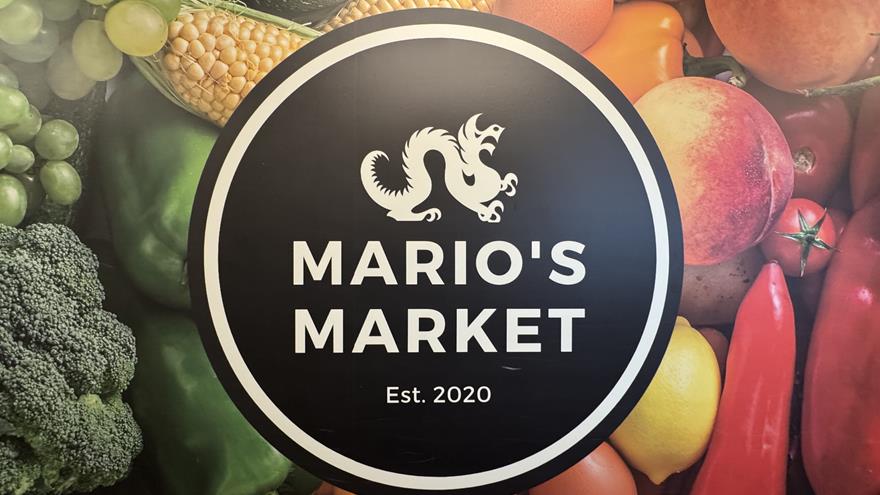Power-of-Food-Scale on The Dr. Oz Show
It’s one of the most passionate debates in the medical community: can you be addicted to food or is overeating the result of failed will-power? Dr. Oz, host of “The Dr. Oz Show,” a daily television program focusing on personal health, believes that certain foods can be as addictive as drugs or alcohol for some people. In order to help assess the power that food has over an individual, Dr. Oz added the “Power of Food Scale” to his website. This scale was created and validated by Dr. Michael Lowe, a professor of psychology in Drexel University’s College of Arts and Sciences.
The quiz was first featured on Dr. Oz’s website www.DoctorOz.com on January 16th, the same day his show examined the line between behavior and addiction when it comes to food. Through the quiz, he seeks to help viewers learn about the warning signs indicating that delicious foods may have become too influential in a person’s thoughts and everyday lives.
Dr. Michael Lowe and his team developed the Power of Food Scale to better understand the predisposition that may make some people more susceptible to food-related temptations and to losing control over their eating. He refers to the dimension the scale measures as “hedonic hunger,” which refers to a powerful drive to eat highly tempting foods even in the absence of physiological hunger. There are a number of existing measures that assess restrained eating or overeating induced by various emotional or social stimuli but, prior to the PFS there was no measure of individual differences in the psychological impact of an obesogenic food environment.
Lowe studies eating and weight regulation – and eating and weight disorders – from the perspective of clinical psychology, nutritional science, psychobiology and neuroscience. His specific research areas include: the relationship between dieting, overeating and weight control; obesity and the prevention of weight gain and weight regain; eating disorders research; integrating biological and psychological perspectives on eating and weight regulation; and research on the "power of food." He has been a long-term consultant to Weight Watchers and to the Renfrew Center for eating disorders in Philadelphia.
Lowe and his research team are also in the middle of a 5-year NIH-funded research grant focusing on changing the food environment to improve the maintenance of weight loss. The study, which is being conducted in conjunction with Dr. Meghan Butryn and Dr. Maria Coletta of Drexel, will follow participants for two years after the weight loss phase to determine which of three treatments produce the longest-lasting improvements in nutritional intake and body weight. The study has a projected end date of March 2014.
*** To schedule an interview with Dr. Lowe, contact the Drexel Media Relations Team
at 215-895-2705. ***
In This Article
Contact
Drexel News is produced by
University Marketing and Communications.
